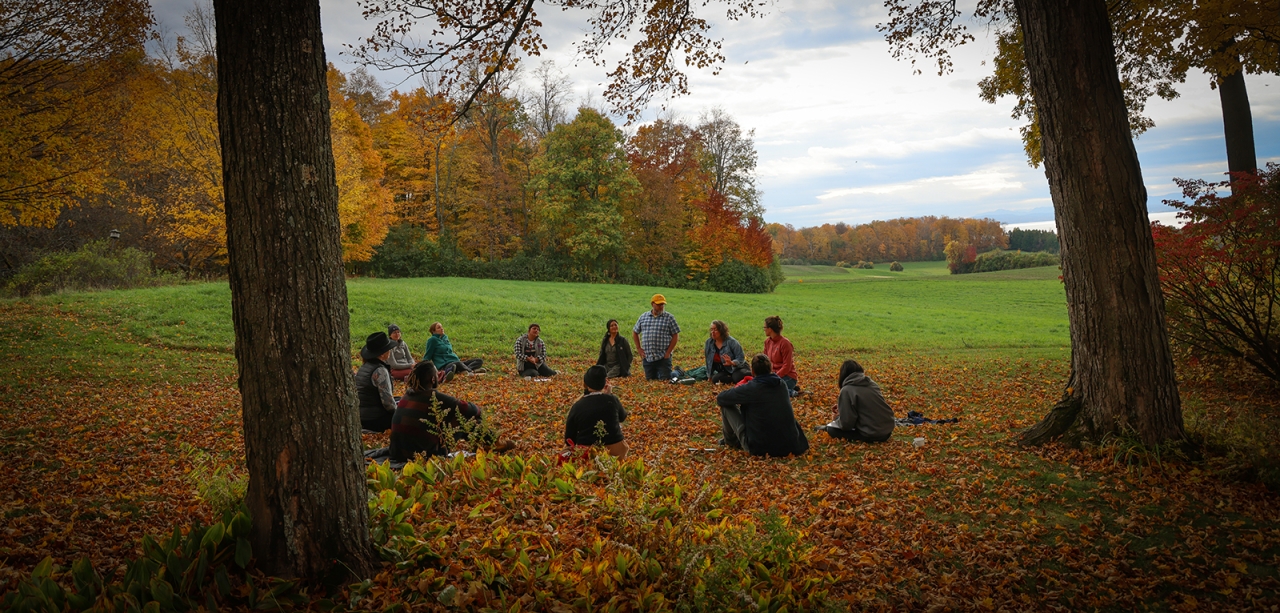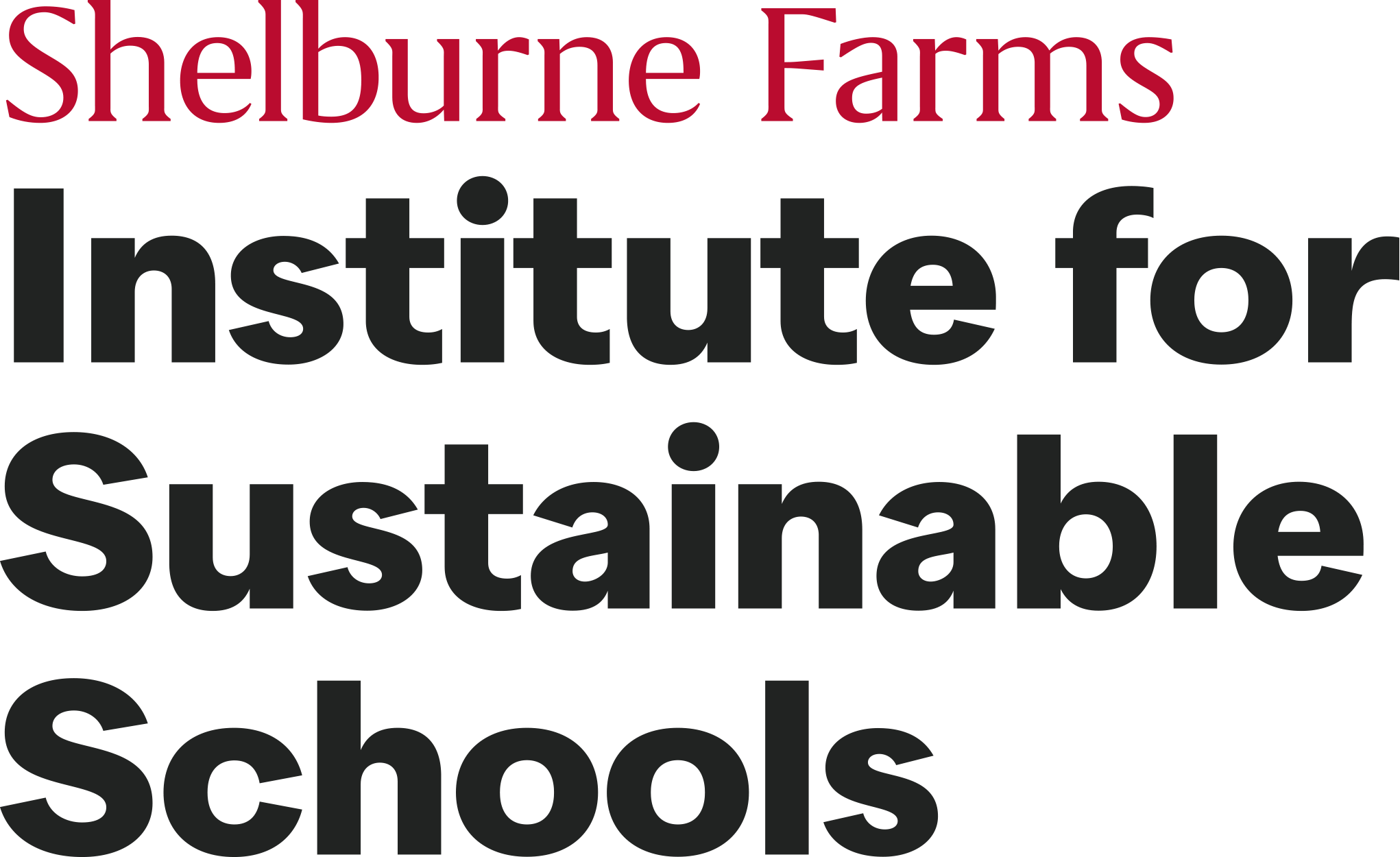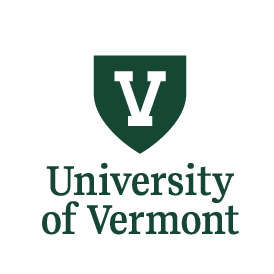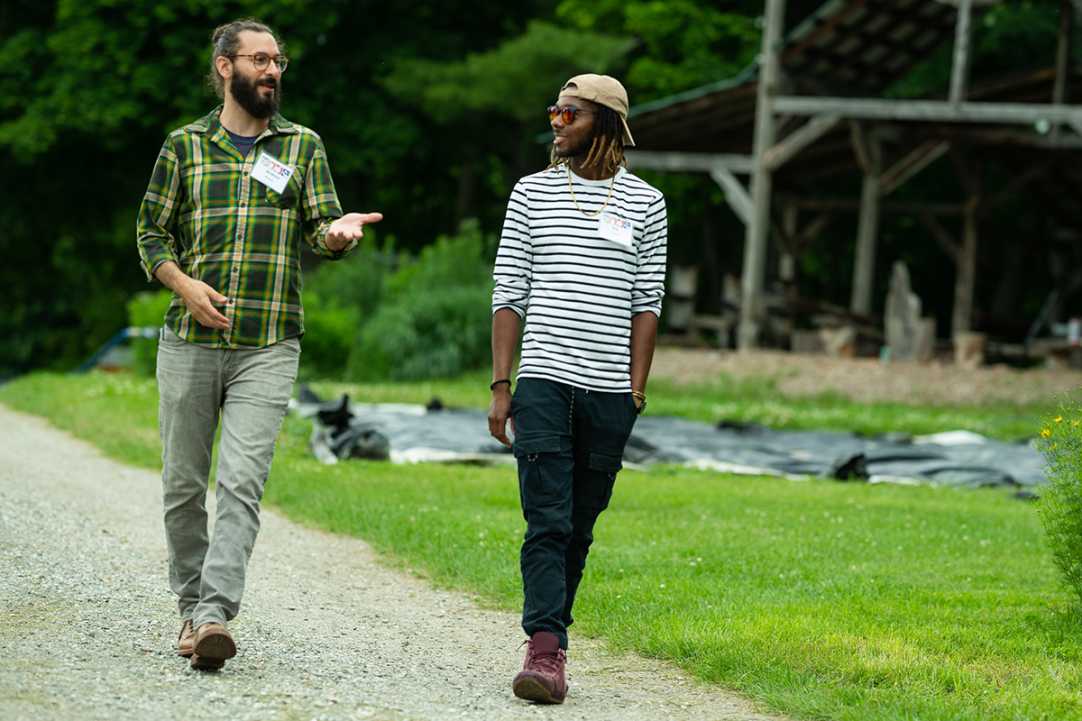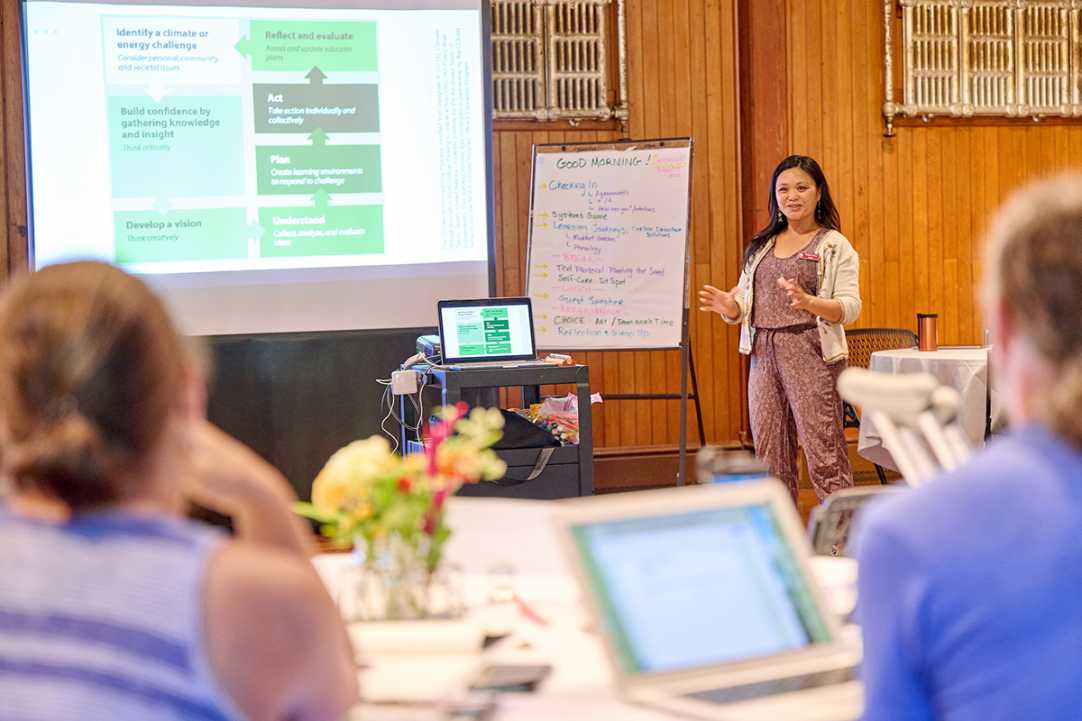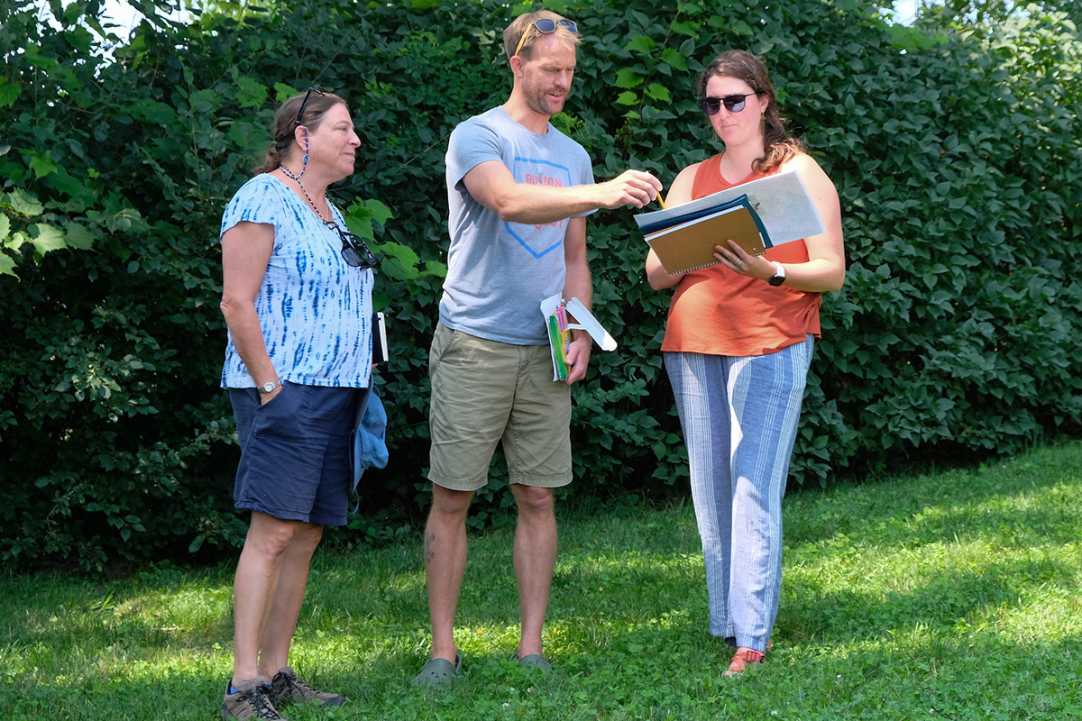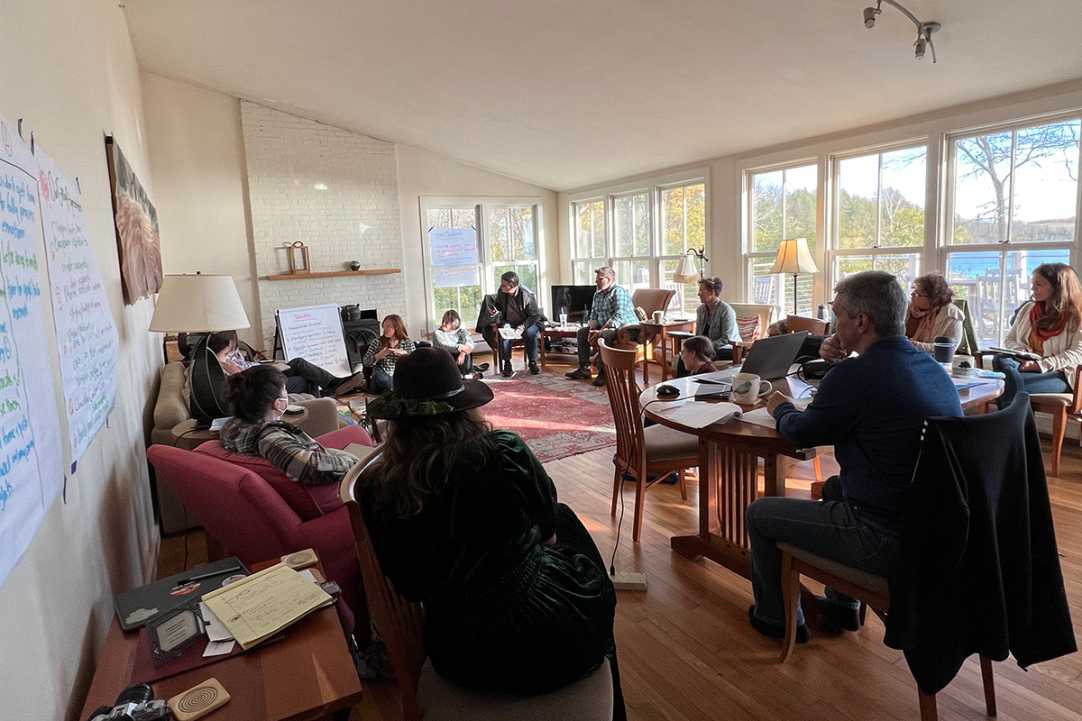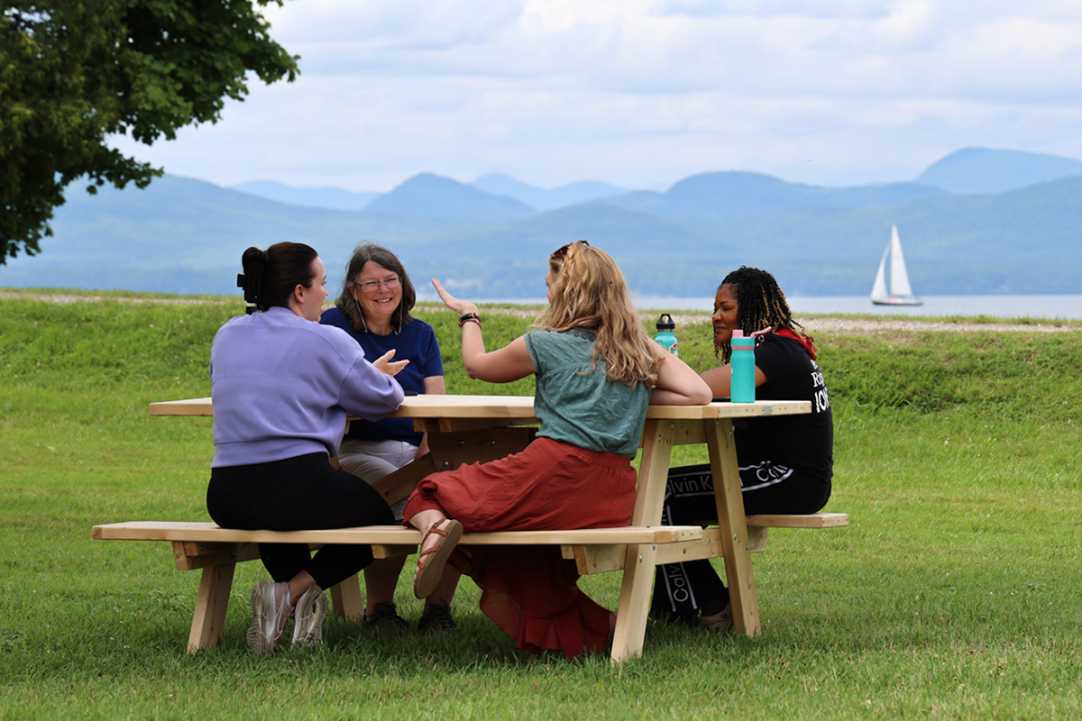Accelerate positive change in your school and community
Grounded in action research, transformative education, and youth leadership, coursework will energize your teaching practice and advance your knowledge.
Choose your pathway: the Micro Certificate of Graduate Study (9 credits) or the Certificate of Graduate Study (18 credits).
You’ll practice changemaking skills and deepen your expertise in bringing Education for Sustainability to life for learners. You’ll also demonstrate a commitment to building a more sustainable future, realign your practice with your values, and build a professional network.
Offered with the University of Vermont.
Learn More
Coursework
Coursework is designed for practicing preK–12, post-secondary, and informal educators.
On-site gatherings at Shelburne Farms, coupled with online sessions, form the foundation of both certificates.
Foundations in Education for Sustainability/EDCI 5043
Learn to apply EFS as a unifying framework for curriculum, campus, community, and collaboration. Grow your understanding of sustainability and uncover promising practices for inquiry, systems thinking, and collective action. The recommended introduction to EFS.
- Online sessions in July
- In-person retreat in July at Shelburne Farms
- All coursework due in August
- 3 graduate credits
Education for Sustainability Leadership Academy/EDCI 5044 and EDCI 5045
In a peer learning community, explore systems thinking, leadership skills, and changemaking in order to transform learning. Learn with and from the Land, practice leadership skills, and take action on an opportunity for transformation.
- Year-long program with virtual sessions throughout the year, plus four in-person retreats
- Kick-off in-person retreat in July at Shelburne Farms
- 6 graduate credits
Immersion in Education for Sustainability/EDCI 5046
Reflect on identity, values, and place and how they inform our designs for learning. Create place-based projects that incorporate opportunities for student voice, and practice leadership skills for personal transformation and collaborative changemaking.
- Online sessions in July and August
- In-person retreat in July at Shelburne Farms
- All coursework due in August
- 3 graduate credits
Two Electives
Choose two of the following UVM courses (3 graduate credits each) to deepen your knowledge of sustainability in a field of personal interest, with topics like food systems, agroecology, and community design.
- CDAE 6210 Econ of Sustainable Food Syst
- CDAE 6260 Community Economic Development
- CDAE 6760 Communicating Science
- FS 6450 Food Systems Science and Policy
- FS 6400 Food Systems, Society and Policy
- PSS 6110 Introduction to Agroecology (online)
- PSS 6120 The Ecological Foundations of Agroecology (online)
- PSS 6130 Participatory Action Research (PAR) & Transdisciplinary Approaches to Agroecology (online)
- PSS 6140 Agroecology, Food Sovereignty, and Social Movements (online)
Students Say
The focus on relationships, mindfulness, and systems activities has been helpful. No matter what you teach, all of the things we're learning can be incorporated into any subject or grade level, and that's evident in the variety of participants. What I've enjoyed most is meeting the varied cohort. It's all about the exchange of ideas.
Frequently Asked Questions
Coursework is designed for practicing preK–12, post-secondary, and informal educators. Alumni include educators from varied backgrounds: classroom teachers, sustainability coordinators, school librarians, full-time graduate students, and non-formal educators. Although all share a goal of educating for sustainability, each student comes to the program with unique goals for their career, school, or community.
Both programs include a combination of on-site retreats and online sessions. For electives: The mode and method of instruction depends on your selected courses, but UVM does offer remote and asynchronous learning options. Many UVM students take graduate-level courses and simultaneously work full-time. Explore all graduate offerings via the course catalogue on UVM’s website.
We recommend taking four semesters to complete the 9-credit micro certificate: Summer A, Summer B, Fall, and Spring.
- Summer A: Foundations in EFS
- Summer B: EFS Leadership Academy session one
- Fall B: EFS Leadership Academy session two
- Spring B: EFS Leadership Academy sessions three and four
The 18-credit certificate may be completed in five semesters. Recommended sequence is as follows.
- Summer A: Foundations in EFS
- Fall A or Spring A: Elective course
- Summer B: Immersion in EFS + EFS Leadership Academy session one
- Fall B: EFS Leadership Academy session two
- Fall B or Spring B: Elective course
- Spring B: EFS Leadership Academy sessions three and four
Contact Director of Professional Learning Jen Cirillo at jcirillo@shelburnefarms.org to discuss fees and potential scholarship funds.
Admission is on a rolling basis, but we recommend applying by early spring for a summer start.
To enroll, you must have completed a bachelor’s degree. There is no GRE required.
Students may enroll in one course prior to matriculating into the CGS program. Students may enroll as a non-degree student through University of Vermont Professional and Continuing Education (PACE). Normal UVM tuition and fees are charged. Visit PACE for further information on course registration.
Students Say
EFS has helped me to see my role as bigger than just in my classroom, and how to affect change from within the education system. Now I see myself as a leader.
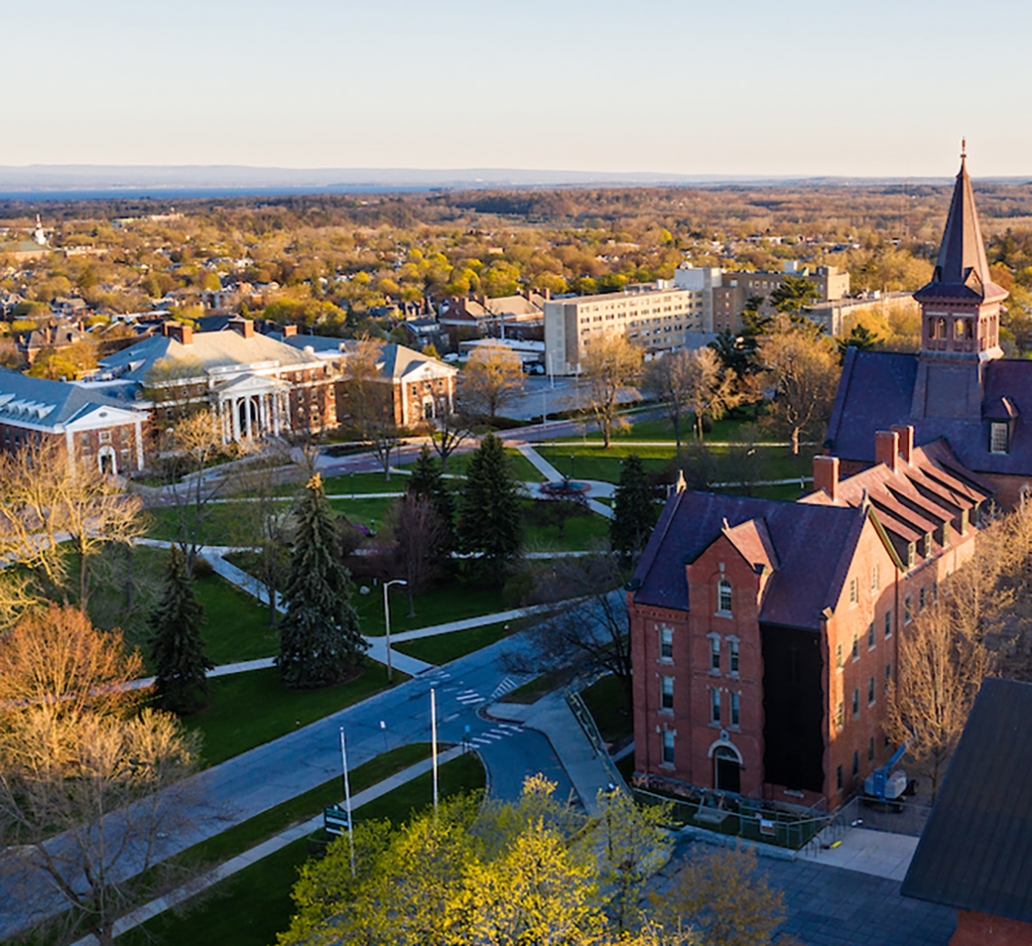
Our Partnership with The University of Vermont
Connect With Us
